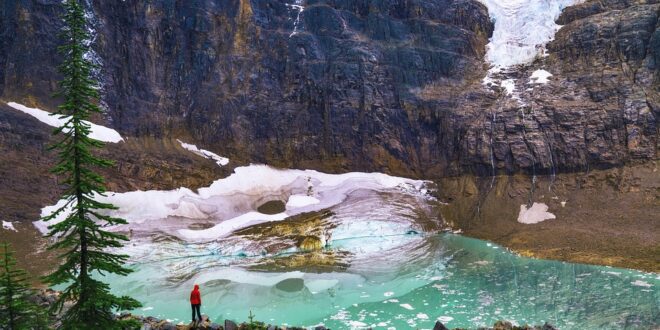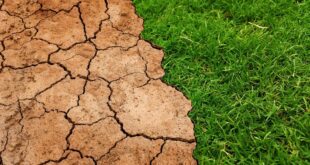The Waves are Rising: 10 Consequences of Global Warming
As our earth starts to heat up due to industrialization and various forms of pollution, the looming threat of global warming becomes more pressing. While it’s easy to think of it as something that will happen only in the distant future or only impact the polar ice caps, in reality, global warming has already created a ripple effect that is visible all around us. So, what are some of the most obvious consequences of global warming that we’re already seeing? Let’s take a look.
1. Increased air pollution
When the temperature rises, so does the level of air pollution. Hotter weather means that there is a higher tendency for smog and fine particulate matter, both of which are harmful. It’s unhealthy for human beings and can cause respiratory damage over a long time.
2. Melting Glaciers
The processes that have melted glaciers appear to have peaked. When the warming causes snow and ice to melt, temperatures increase. This has a way of unleashing the amplifying effect. Local plants, animals, and people all get affected by melting for many different reasons, including the availability of water.
3. More Severe Weather Events
Needless if climate deniers believe this or not, research shows, that the occurrence of deadly weather has already increased significantly due to global warming. Hurricanes, tornadoes, storms etc., are increasing around the world.
4. Increase in atmospheric temperature
Statistics have proven that our planet is heating up. It is responsible for reducing crop yields, and hastening extinctions and population declines of different species of plants or animals thereby affecting their areas to thrive.
5. Bleached Coral Reefs
Coral which is very important to water quality and integral coastlines, that serve farms near tourist locations, has been affected by climate change and global warming. Higher acid water concentrations dissolves them more quicker, in time an causes extinction.
6. Escalated destruction of wildlife habitat
One of the biggest environmental impacts of global warming are habitat distresses. With world temperatures increasing, forests, oceans and other natural forms of shelter will foster irregular and declining life patterns. These destructive effects affect the billions of organisms that call the earth their home.
7. More water-borne diseases
As weather changes, water related illnesses will further resurface. Sea levels encroach on the land will cause waterborne bacteria and viruses to infiltrate our drinking and cleaning waters.
8. Increased Global Hunger
Lower crop yields and agriculture loss occur globally annually as a speculative increase of emissions appear in our atmosphere. Climate Change is often the cause for this instability because of wildfire outbreaks, changing precipitation and degraded planetary soils.
9. Rising Sea Levels
Perhaps the most noticeable impact from global warming has been the rising water levels near populous coastlines. As sea-levels stabilise and pushed forward further by rising air and water temperatures, land and farmers, a well as nations will eventually change or disappear.
10. Loss of Jobs and increasing migration
Precariously hotter weather pushes individuals to leave their home areas due to unfavorable weather conditions, hunger or poverty traces based from reduced agricultural production. Although they have numerous employment groups in developed countries, dealing with such a large migration will be a massive challenge.
In conclusion, based on today’s real from figure disasters like weather instabilities, or humidity invading industrial and developed cities which adversely, could well aim humans earlier than we or anticipated. Having a balanced anticipatory approach helped developed countries such as Japan that are repairing infrastructure in readiness, light buildings and securing pieces of equipment etcetera. Global warming compromises every investment or enterprise today, perhaps a more effective approach is another proactive method implemented across rich array and pockets of our lifestyle. Each beginning need on our part, to study how to control and minimize carbon possessions to provide a strong and more long-lasting future world.
The heat and other climates associated changes hitting us today require collective planned commitment before it gets far worse.
 Mind Uncharted Explore. Discover. Learn.
Mind Uncharted Explore. Discover. Learn.


